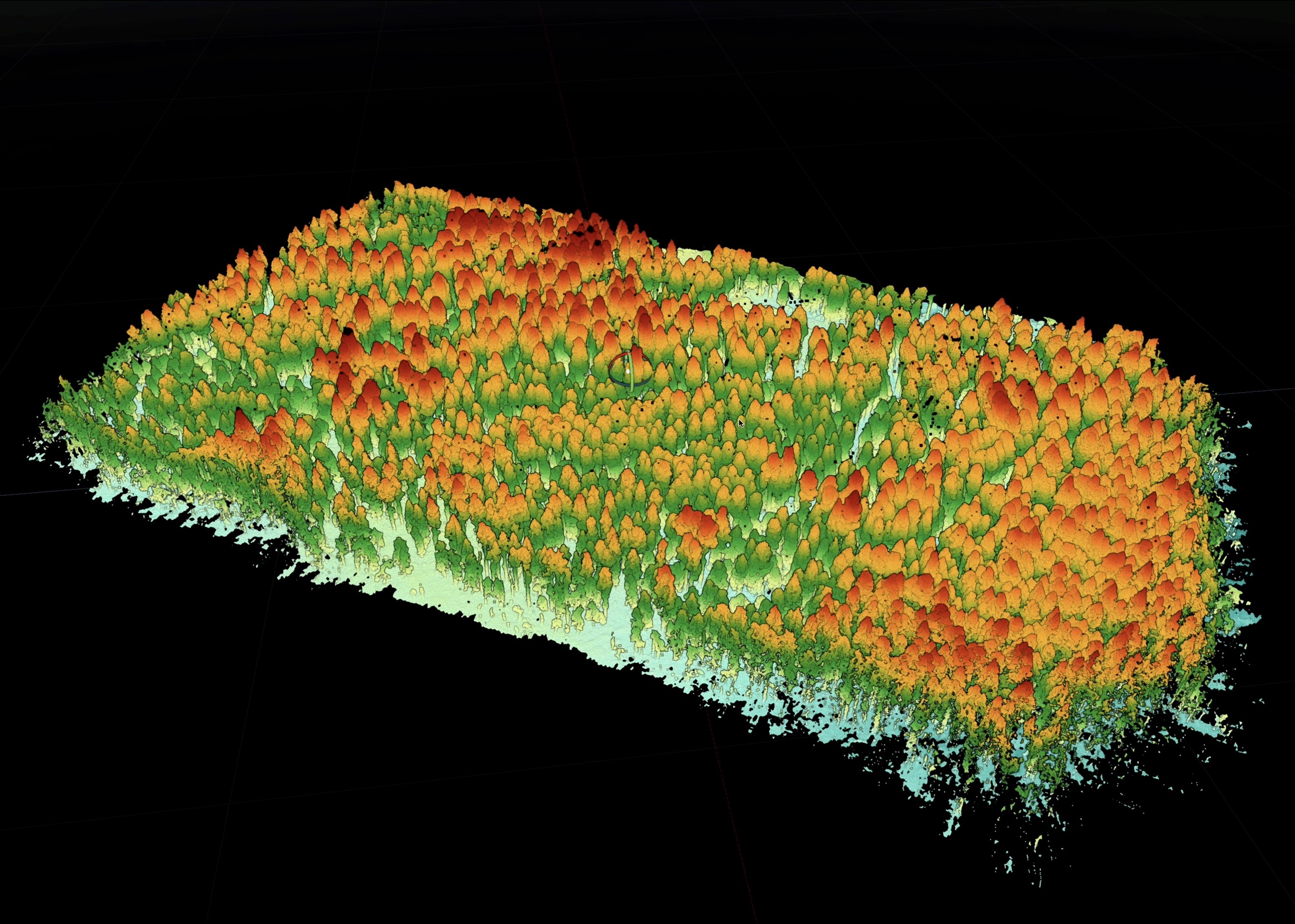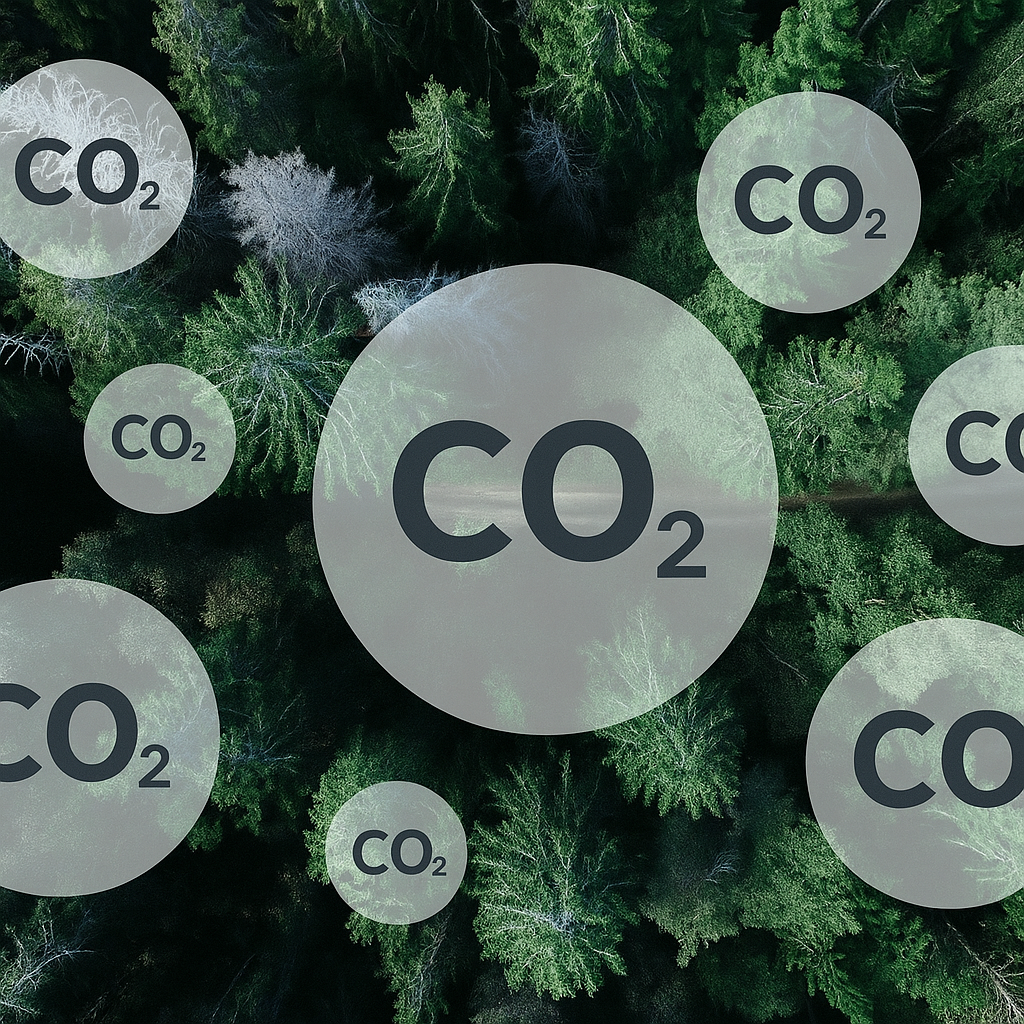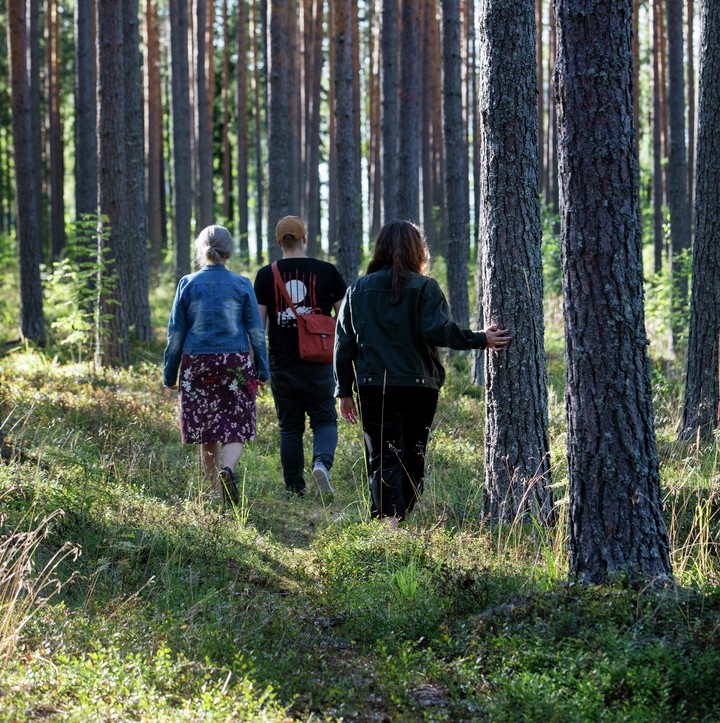About the project
FORESTCARBOVISION develops innovative forest carbon farming techniques using drones and AI to improve transparency and measurement accuracy.

What we do
Rural areas in the NPA region often rely on forests and forestry. These regions are highly vulnerable to the impacts of climate change, making sustainable forest management and climate adaptation essential. Carbon trading offers rural communities opportunities for additional income and climate change mitigation, but the system faces challenges due to a lack of transparency and low measurement accuracy, which reduce its profitability. To address these challenges, the project develops innovative forest carbon farming techniques, using drones and AI for real-time monitoring and resource management. By fostering local capacity and transnational cooperation, it aims to strengthen community resilience and promote sustainability in the face of environmental change.


